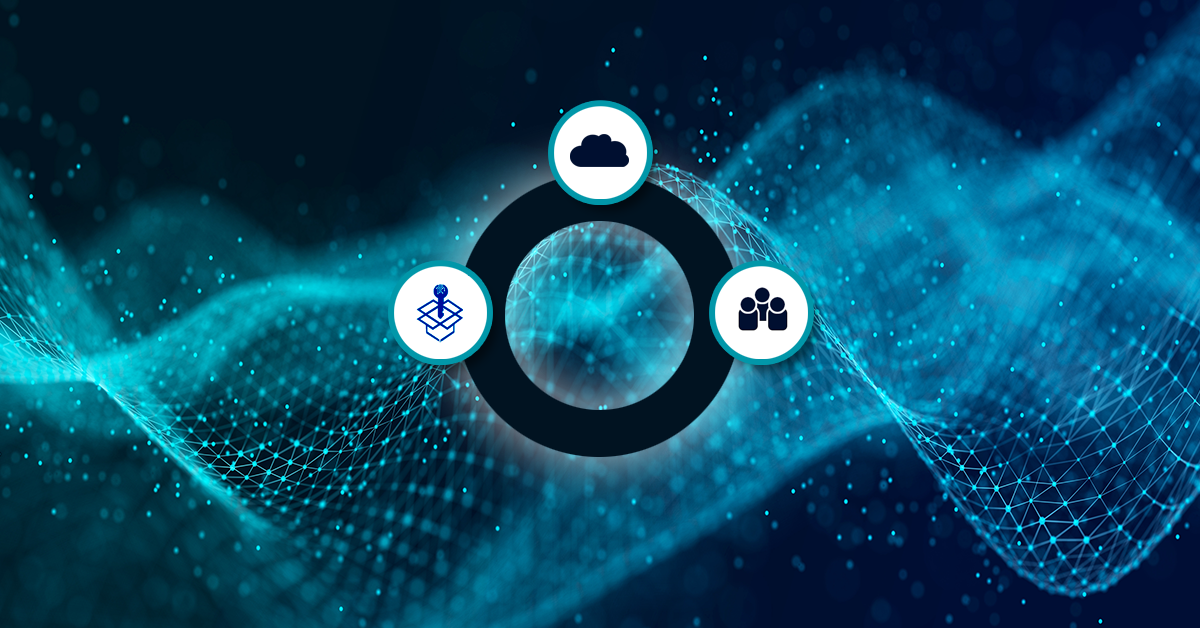Compare Reprise Activation Pro and RLM Cloud
Reprise Software offers two entitlement management solutions. Each solution addresses similar requirements but in subtlety different ways.
This article outlines the functionality of each to help you decide which is best suited to your software policies and procedures.
Activation Pro
Regardless of the license types that you support—node-locked or floating—Activation Pro makes entitlement management and license distribution more efficient for you and your customers.
The RLM API integrates seamlessly with Activation Pro to enable activation from within your product. Customers enter an activation key to activate their license. The activated license is stored on the user’s computer. Users without an internet connection can obtain a license by using the same activation key on a simple web page to obtain a license.
Activation Pro supports:
- Trials
- Paid Licenses
- Automatic Subscription Renewals
- Customer-Directed License Re-Hosting
Customers can review their entitlements’ status through portal accounts. Furthermore, Activation Pro supports indirect sales channels via its reseller portal.
A REST-style web services API integrates Activation Pro into your CRM, order management, or e-commerce platforms. You can host Activation Pro on your web server, or Reprise Software can host it for you in the cloud.
RLM Cloud
To minimize administrative overhead, software customers sometimes prefer their floating licenses served from the cloud. To address this, Reprise evolved RLM into RLM Cloud, allowing customers to checkout software licenses over the internet.
RLM Cloud uses standard RLM client and server components to support traditional on-premises license servers and cloud-based licenses within the same application release. RLM Cloud is best suited for floating licenses.
Activation Pro delivers licenses directly to customers, but RLM Cloud stores them in the cloud. For customers to securely connect to RLM Cloud and check out their licenses, all they need is a username and password.
https://reprisesoftware.com/choosing-right-entitlement-management-software/?preview=true
Since RLM Cloud puts license servers under your direct control, you can support customers running in virtual machines, dockers, or containers, without the risk of license server cloning. You can also collect usage information for post-use billing and use software meters to tie your pricing to actual work done by your software. In addition, hot standby (failover) license servers are easy to set up on RLM Cloud to maximize license availability.
A REST-style web services API integrates RLM Cloud to your CRM, order management, or e-commerce platforms. RLM Cloud is deployed in data centers in Asia, North America, and Europe.
Below is a comparison table, highlighting the differences between the three solutions:
| Activation Pro | RLM Cloud | |
| Trials and evals | yes | yes |
| Subscriptions | yes | yes |
| Uses HTTPS | yes | yes |
| Web services management API | yes | yes |
| On-premises licensing | yes, after activation | yes, temporary licenses |
| Rehosting | yes, using RLM API | yes |
| Use while disconnected | yes, after activation | yes, temporary licenses |
| Requires internet connection | yes, initially | yes, periodically |
| 24x7x365 | yes | yes |
| Uses Standard rlm_checkout call | yes, after activation | yes |
| Uses activation keys | yes | no |
| Floating licenses | yes, on-premises | yes |
| Manage RLM license servers | no | yes, in the cloud |
| License disablement | yes, using RLM API | yes |
| Personal licenses | no | yes |
| Token-based licenses | yes, with the RLM server | yes |
| Metered licenses | no | yes |
| Post-use billing | no | yes |
| RLM-embedded compatible | yes | no |
| Requires end-user accounts | no | no |
| Can be self-hosted by ISV | yes | no |
| Can use dongles | yes | no |


